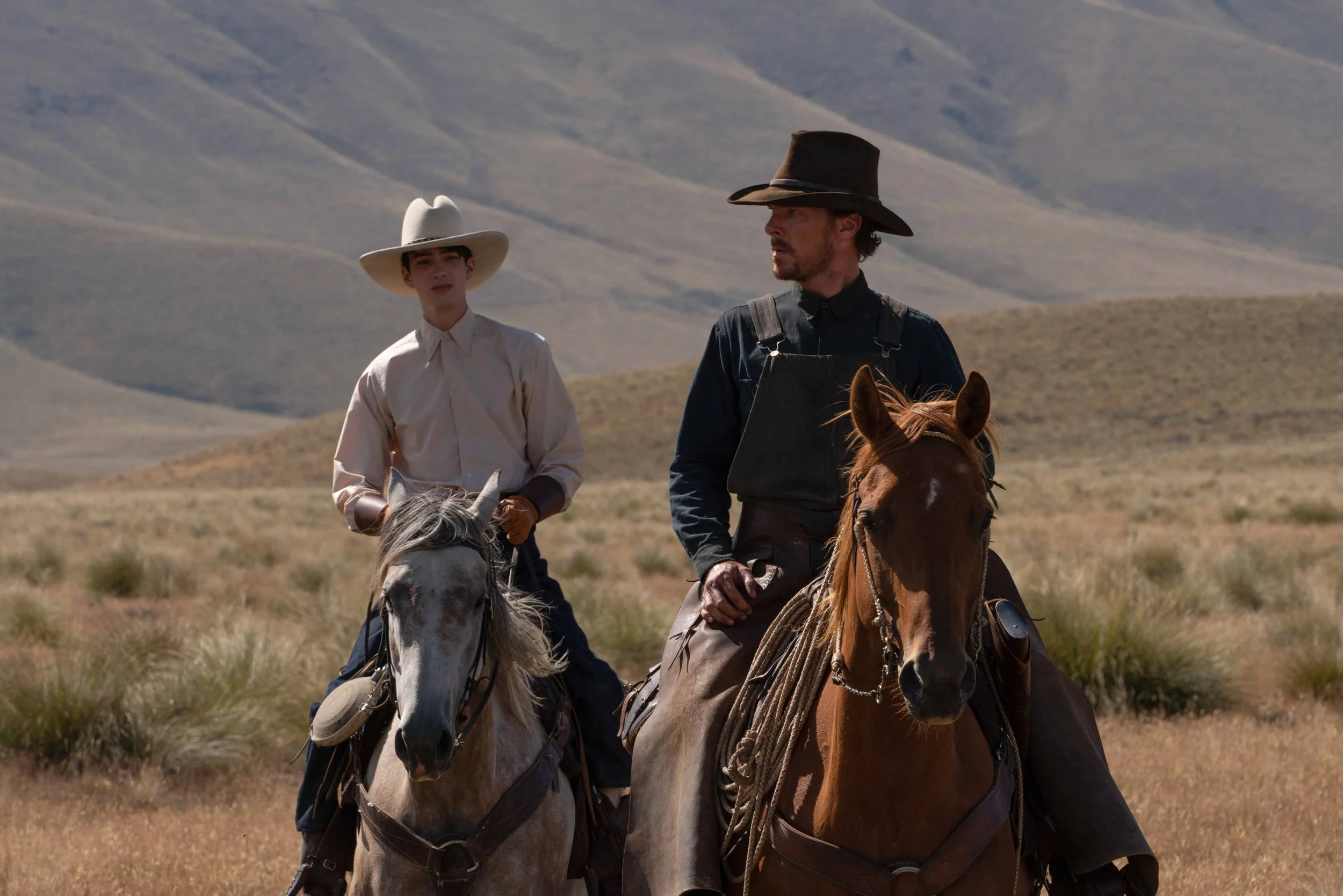Film Review: The White Tiger (2021) Dir. Ramin Bahrani
The White Tiger (2021) © Netflix
There is a lot that is unusual about the film The White Tiger. The fact that its structure is based on letters written to someone that neither we nor the writer will ever meet; and that structure is the form used in the debut novel of the same title, which won the Man Booker Prize in 2008 for Aravind Adiga. The book was not universally appreciated by those who felt that it’s excoriating depiction of the extremes and inequities of the caste system in India and the near-impossibility of raising oneself above their rank. The letter writer is Balram, and he is addressing the Chinese Premier, Wen Jiabao, who is scheduled to visit India to study the Indian economicmodel. Balram is giving his unsolicited observations and insights into the underlying conditions which are an integral aspect of the Indian model. His words are laden with irony and glib cynicism and carry a ring of absolute truth.
The White Tiger (2021) © Netflix
What makes Balram (Adarsh Gorav) a voice to be listened to is his unique experience of breaking out of the cage (caged chickens are a frequent metaphor) and going from small impoverished villager to successful entrepreneur. The director takes full advantage of the engaging story telling prose of the letters read in voice over by Balram. What is effectively conveyed is the evolution in Balram’s belief system and personal development - from naïve young peasant whose chance to attend school was dashed by economic hardship forcing him to take on menial jobs to help support the family. Even as a young boy, Balram has an uncanny ability to see things objectively and metaphorically and he sets his sights on a way out of the cage. Recognizing that working outside the system is nigh unto impossible, he spots an opportunity to be seized. His first job on the way out is driver to the “Stork” (Mahesh Manjrekar), a greedy local landlord who squeezes the poor locals. Step one sets him free from his own family tyranny and exposes him to life outside the village of Laxmangarh, and straight to the jarring realities of life in Delhi. With a combination of guile and luck, he meets the “Stork”s nephew Ashok (Rajkummar Rao) and his wife Pinky (Priyanka Chopra Jonas). Young, attractive and idealistic, having lived in America, they are reluctantly coming to India at the insistence of the family to help run the business. Ashok had aspired to be a writer. Balram is reassigned to be the driver of Ashok, an opportunity he embraces enthusiastically.
The White Tiger (2021) © Netflix
Ashok and Pinky represent modernity and optimism and they treat Balram with respect and kindness. He rewards them with total loyalty. However, when a tragic incident occurs and the consequences could be severe, the fragility of the relationship between the haves and the have nots looms larger than the instinct for self-preservation and Balram’s lack of agency is shown in high relief. Everyone reverts to type. Even Ashok’s exposure to his family’s shady practices which are quite common in the business community has started to have a corrosive effect on him and drive Pinky away.
Balram’s astute grasp of the shifting tide of his fortunes triggers a shockingly bold, but necessary move to save himself from a backward slide or worse. The veil is off and Balram moves with alacrity and vision, recognizing a pathway to re-invention and into the future.
The White Tiger (2021) © Netflix
The letter is written from the present and recounts the past and, as such, makes the case for the wisdom of his words. The well-acted characters are subtly drawn as complex humans with equal parts admirable and deplorable attributes. The cinematography is evocative and beautifully art-directed. The ending is not exactly optimistic vis a vis overthrowing ingrained corruption in India. But it does give a sense of possibility for the few who are able to embrace their inner “white tiger”. It is a thoroughly engrossing and well told tale. I couldn’t recommend it more. (Available on Netflix)











